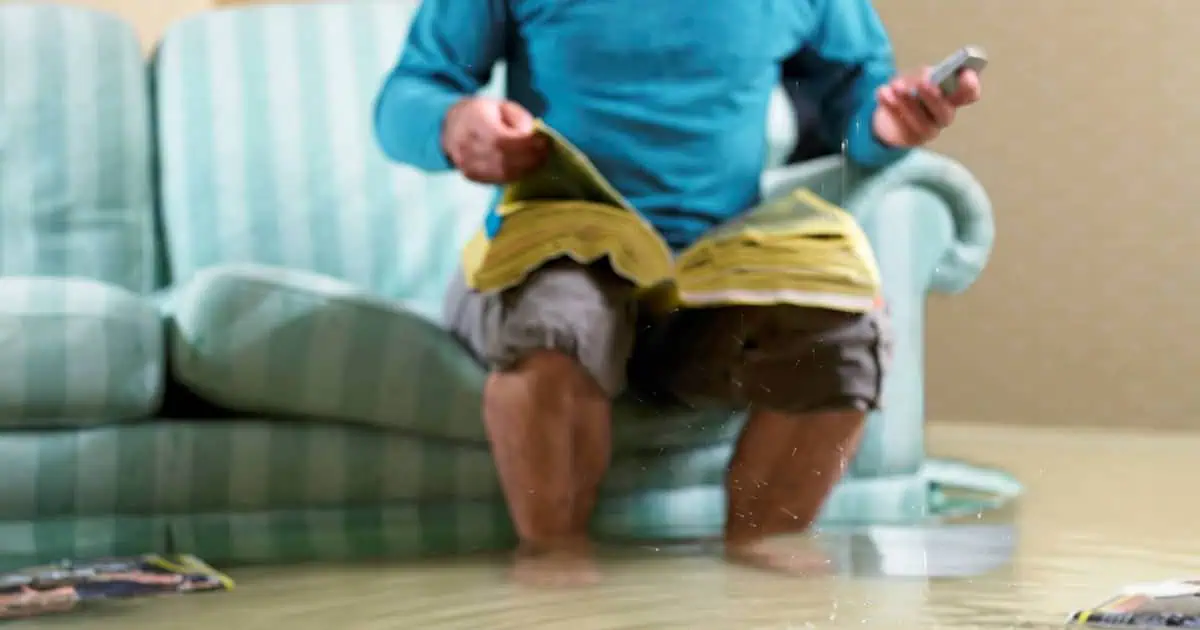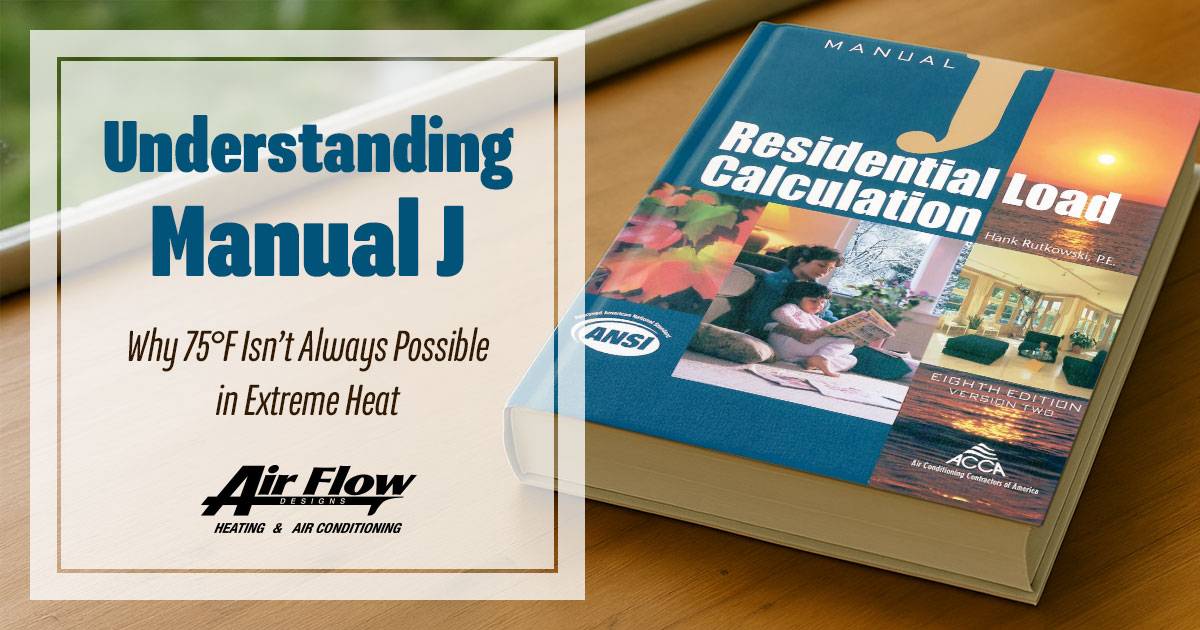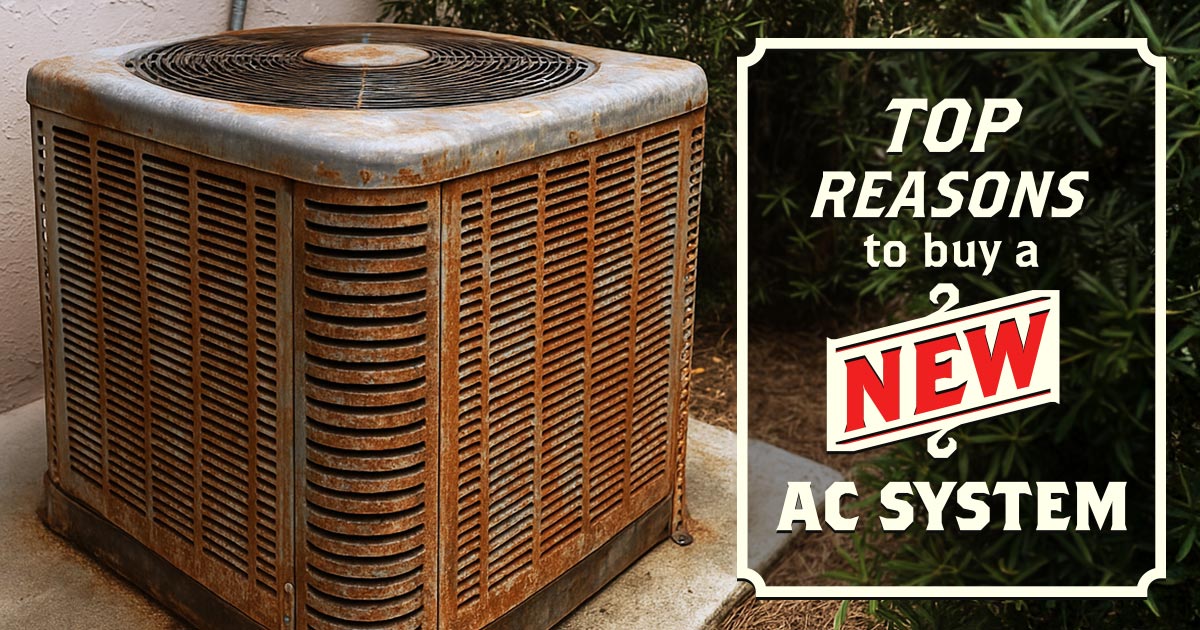Flooded AC units are more common than you’d think and starting up a flooded AC unit after a hurricane or flood can cost you thousands. AC problems aren’t always in plain sight and that’s why AC experts urge homeowners to have a certified technician assess your home’s heating and cooling system before use.
While an HVAC system can appear to be in working order and may even seem to power-on as it always has, it is very probable that even if functioning, it will not be delivering the efficiency and performance you’ve come to expect.
It goes without saying that HVAC systems were not built to withstand underwater operation, meaning if yours ran at any time while the severe weather and flooding occurred, there may be internal components with electrical damage and short circuits. Flooding also is likely to cause dirt buildup on the condenser coil – leaving contaminants and dirt in the coil. The residue can be the cause of severe loss of performance by the unit in heating or cooling your air. In order to restore the condenser, professional equipment and chemical cleaners from a trained HVAC technician are required.
Flood damage typically causes corrosion on indoor HVAC components and all internal mechanism should be inspected to guarantee their safety and efficiency. Even gas furnaces utilize gas valves which should always be assessed by a qualified professional before they can be operated safely.
Call us today and we’d be happy to send a certified Air Flow Designs technician to help.
Please call us at 1-800-AIR-FLO1, or contact us online.



